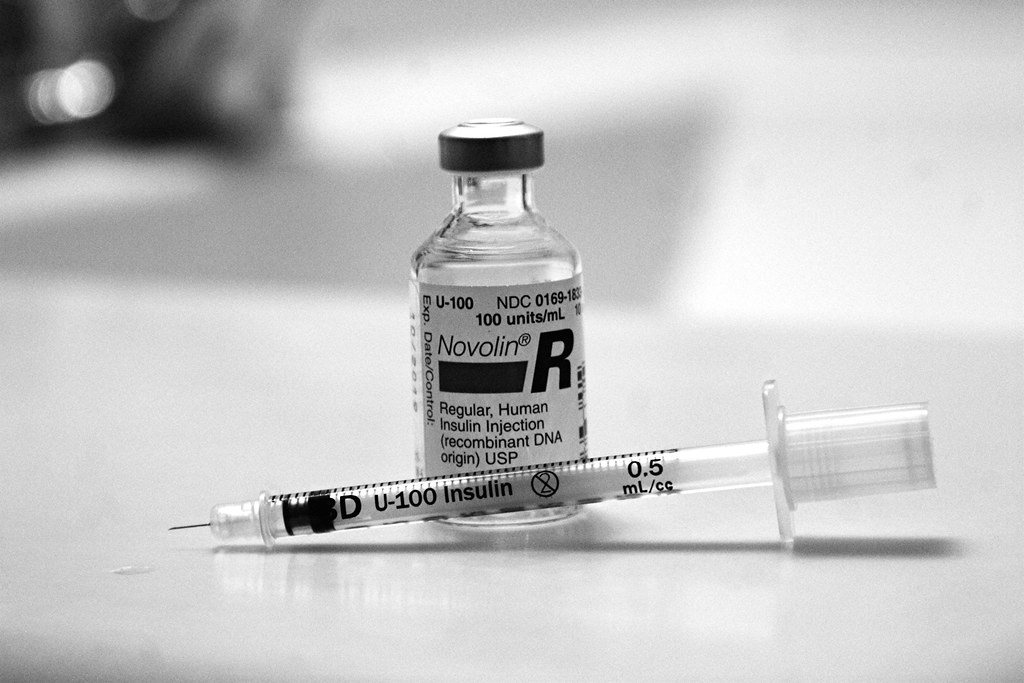WASHINGTON (Washington Insider Magazine) – The House passed a bill on Thursday capping the monthly price of insulin at $35 for the tens of millions of Americans who rely on it.
The bill passed by a vote of 232-193, with only a dozen Republicans backing Democrats in favor. It is now on its way to the Senate.
According to NBC NEWS, the Affordable Insulin Now Act, which would go into effect in 2023, would cap cost-sharing under private healthcare for a month ‘s prescription of specific insulin supplies at $35, or 25% of a plan’s agreed price, whichever is less.
The escalating expense of insulin and other prescriptions, according to Rep. Dan Kildee, D-Mich., is proving to be an economic strain on patients.
Diabetes affects 37.3 million individuals in the United States, according to the Centers for Disease Control and Prevention.
In his State of the Union speech on March 1, President Joe Biden asked Congress to approve legislation to lower prescription drug costs, especially insulin.
However, the bill was defeated by an overwhelming number of House Republicans, highlighting the plan’s difficult path to passage in the Senate, where it will require the backing of at least 10 Gop leaders to pass if all Democratic-voting legislators support it.
Republicans say that the bill will raise premiums and aggravate inflation by failing to effectively handle growing prescription drug costs.
In comments on the House floor Thursday, Rep. Virginia Foxx, R-North Carolina, said about Democrats, “They want the government to control our lives in every way they can.” A significant power grab that will lead our country one step closer to socialized medicine, she said of the bill.
The bill is also opposed by the business community.
In a statement released Thursday, AHIP, a national trade organization whose members supply healthcare coverage and services, criticized the legislation.
While health insurance companies seek to cut insulin costs, this legislation, according to the group, accomplishes nothing to reduce insulin prices and instead passes expenses to others through increased insurance premiums and copays.
The bill now goes to the Senate, where Raphael Warnock, a Georgia Democrat, proposed an identical bill in February. Warnock’s measure has no Republican co-sponsors.





































